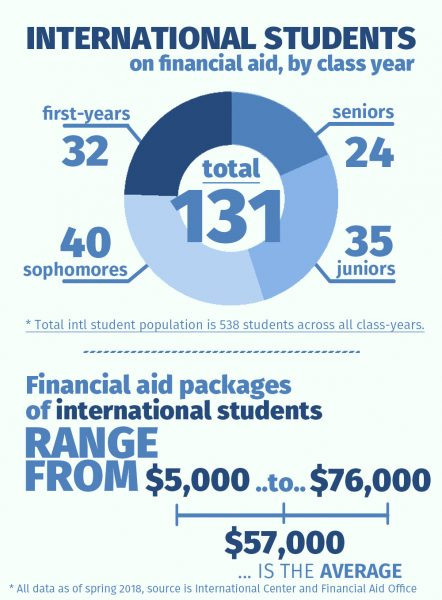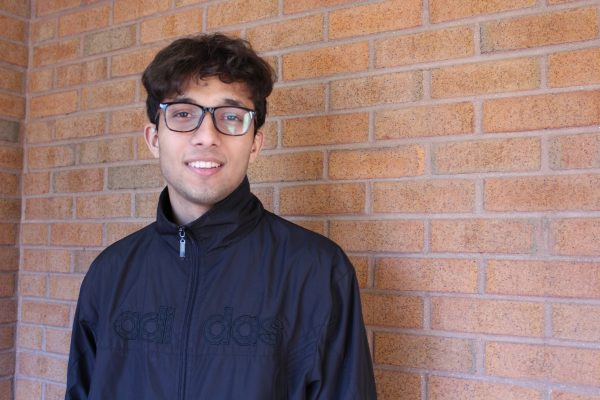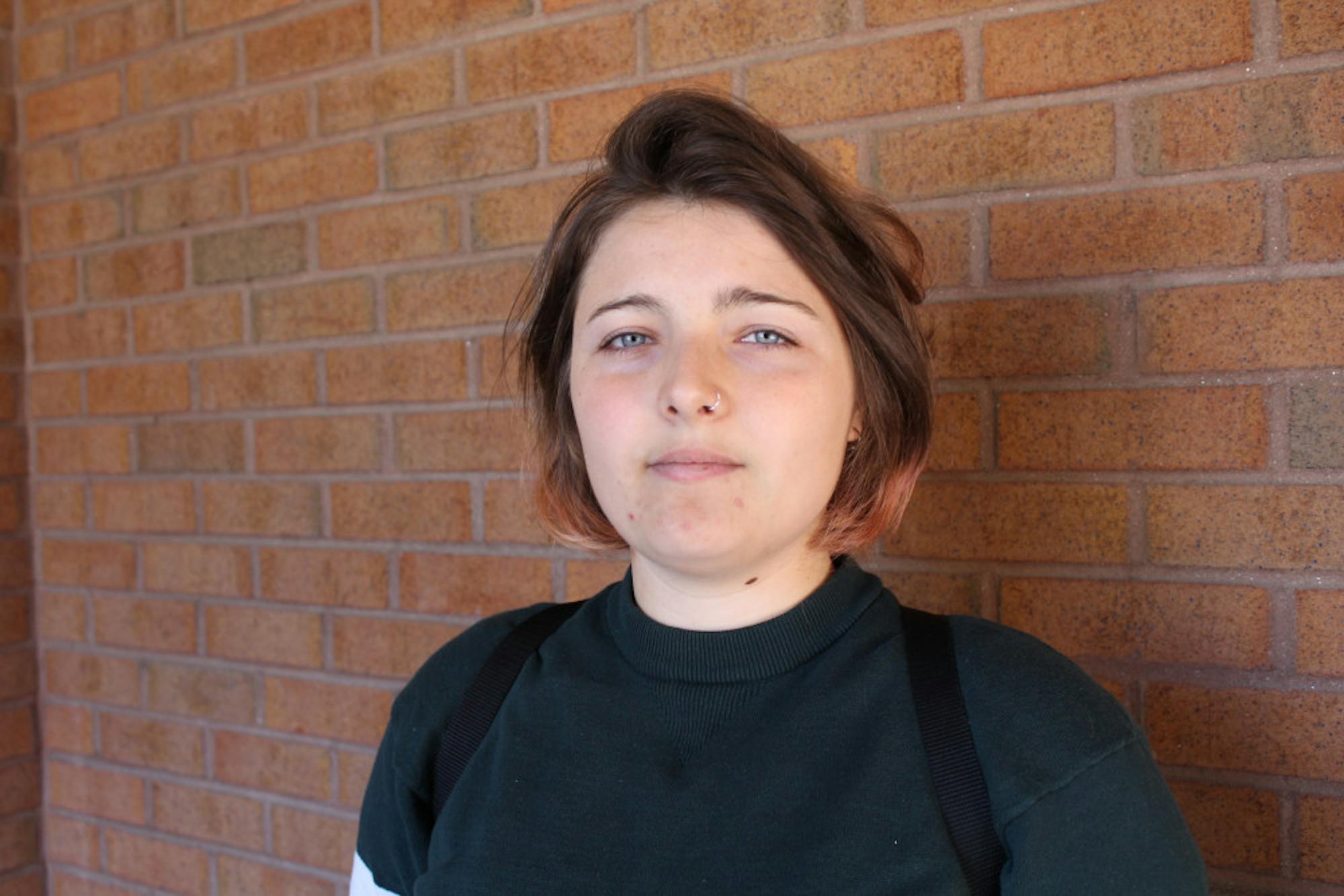Editor's note: This is part one of a two-part series that centers on the stories of international students on financial aid.
A Dec. 13 report by The Boston Globe Spotlight team discussed the criticism that universities in the greater Boston area have focused on recruiting full tuition-paying international students instead of recruiting domestic students to increase their diversity. This conclusion feeds into the stereotype that international students who study in the United States come from wealthy backgrounds and are able to pay the full price of their education out-of-pocket. However, as with all stereotypes, just because it applies to some does not mean that it is the reality for all.
According to data provided by the International Center (I-Center) and the financial aid office,Tufts is home to 538 undergraduate international students, of whom 131 are on financial aid, with an average award of about $57,000 -- larger than the average financial aid package for undergraduates as a whole. In addition to financial aid, these students have access to emergency funds from the I-Center and the Office for Student Success and Advising.
Every single one of these students has a unique story to tell. In an effort to challenge assumptions and stereotypes, four individuals have shared what it is it like to be an international student on financial aid and how that has shaped their experiences at Tufts. Today, we feature two of these students.

Carol Rossell, sophomore
Rossell is a biochemistry major who calls the town of Bognor Regis in the United Kingdom her home. She spends six hours a week working at Hodgdon Food-on-the-Run, which she describes as accommodating to her schedule but still a challenging job to balance.
“It’s been hard because lots of people have office-type jobs or they work at Tisch [Library], so they can do homework while they are working, but in my job I have to be cleaning or doing something the entire shift,” she said.
However, Rossell said having an on-campus job is something she’s used to.
“I’ve been working since my freshman year, so it’s just part of my week now,” she said.
Rossell described her experience as an international student on financial aid as isolating.
"It can be kind of alienating in some ways because international students haven’t been exposed to the American system in general, so it’s both the struggle of being low-income and encountering a cultural difference," she said.
Something that is difficult for Rossell is finding internship or job opportunities that she can participate in.
“I can’t really do unpaid internships here, which limits my opportunities, whereas my friends are able to work off campus at Chipotle or Oath Pizza, but I have to work on campus, which narrows my possible sources of income,” she said.
One of the sacrifices Rossell has to make to be at Tufts is not visiting home.
“I can’t go home as much as I want. Some of my friends just fly home for Thanksgiving, but I can’t do that,” she said.
Additionally, she lacks the freedom that some Tufts students have when pursuing certain opportunities, such as traveling to conferences or studying abroad.
“I’m not going to study abroad because I can only do a Tufts program due to my financial aid, and those programs don’t fit my academic needs,” she said.
When it comes to student clubs and other extra-curricular activities, Rossell finds that sometimes it can be challenging to participate.
“Sometimes joining clubs can be difficult. For example, I’m part of Tufts Mountain Club, and my freshman year, many of the outdoor trips were financially prohibitive,” she said.
This semester, Rossell is part of the executive board of Tufts Mountain Club as its treasurer, and she has been working on more aid options for students who want to access the Loj or to attend other outdoor trips. Rossell added that while it can be challenging to join certain clubs, ultimately all clubs are accommodating, as long as one asks for help.
Like many students, Rossell is no stranger to having assumptions made about her.
“People who don’t know me think that I am wealthy because of my accent, and sometimes I bump into people who judge me without knowing me, which can be hard, but I’ve managed to surround myself with friends that can see beyond that,” she said.
Rossell feels thankful that most of the people she’s surrounded herself with have been very understanding and accommodating to her financial situation. However, not every experience has been a positive one.
“During my pre-orientation, we went on a shopping trip to Newbury Street, and another low-income student and I felt pretty uncomfortable. I don’t think that our wilder-sister understood that not everyone just takes trips to Gucci and other designer shops,” Rossell said. “I felt uncomfortable in the way that I looked, and just being in that environment was uncomfortable for me.”
However, Rossell believes that the experience she had is not the norm at Tufts, and she is thankful that others are able to be more considerate of everyone's experience.
“There are definitely people at Tufts that are aware of their privilege and how their financial situations are different than others, and I wouldn’t be able to enjoy Tufts without people like that,” she said.
Rossell is thankful to have friends who understand where she’s coming from and who value her friendship more than they value how much money she can contribute toward a group dinner. 
Manish Aryal, first-year
Aryal, a computer science major, calls Gulmi,Nepal his home. He spent his winter break working with one of his professors at the Center for Engineering Education and Outreach.
“Flying home is pretty expensive, so it doesn’t make sense to go home and come back when it’s shorter breaks,” he said.
In choosing to stay on campus over break, he recalled that finding something to do over winter break was a stressful experience due to the fact that international students are mostly limited to on-campus opportunities.
Even though he’s only a first-year, Aryal is aware of the fact that finding summer internships might prove to be challenging for a variety of reasons.
“Summer internships are easier for Americans to acquire, partly because they are most accustomed to the system and how to apply to things,” he said.
Additionally, Aryal feels that domestic students have more freedom in pursuing unpaid internships, because they have access to more opportunities that can supplement the costs associated with those internships.
He noted that being a low-income international student means that a lot of planning and adjusting must be done on his part.
“If you’re not accustomed [to] how things work in an American city and you’re also low-income, there is a lot that you have to reconsider,” Aryal said.
However, he believes that it might be the same situation for domestic students who are also low-income, so he doesn’t think his experience is all that different from most low-income students.
Even though his time at Tufts is just beginning, Aryal anticipates that there might be opportunities he will miss out on.
“In a general sense, if you know you are on financial aid, there are some things that you cannot pursue, because it’s implicitly in your mind that you have to consider your finances,” he said.
Something that is at the forefront of Aryal's mind is that he must plan ahead if he wants to fully take advantage of everything Tufts, and the United States, have to offer.
“Given the resources Tufts has, and if I’m able to get those, I don’t think I will have too many problems,” Aryal said. “But I know I have to stay focused and plan things out if I want to be able to take advantage of all opportunities.”
For Aryal, the hardest part of being on financial aid is having to reconsider taking part in any events that require money.
“Being on financial aid definitely lowers the number of times you can go out and socialize,” he said.
However, he is thankful for the community he’s found at Tufts. Having friends who are considerate of his situation has made Tufts feel more welcoming, and it has improved his experience here overall.
“If we make any plans, there is always a compromise, they are mindful of not spending too much money,” he said of his friends.
One of his favorite things about Tufts is the international student community. He believes that if he ever needs support, whether monetary or not, he can reach out to the international community, and he will find the help or resources he needs.
“I really like the International Center, and overall the international community at Tufts. They put all the effort to make it feel like home,” he said.
Being on financial aid makes Aryal have to think about the future more than some of his peers do, but he thinks it’s worth planning ahead so that he can make sure to make the most of his time at Tufts.
Busting the rich, international myth: International students on aid discuss challenges, assumptions

Carol Rossell, '20, poses for a portrait.





